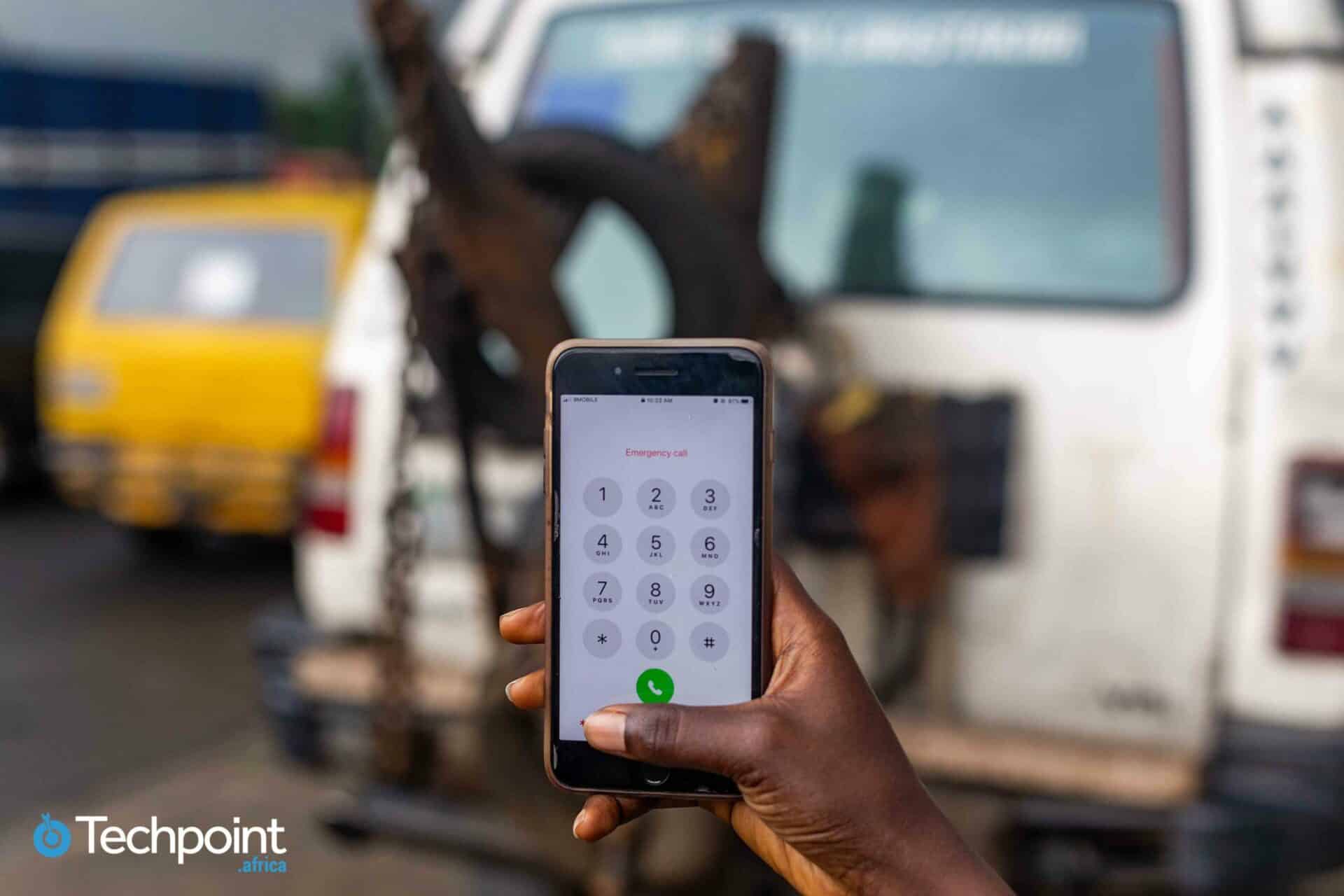- Africa’s telecommunications regulators want to implement a single emergency number across the continent.
- The regulators, who are members of the African Telecommunications Union (ATU), discussed the matter in Nairobi, Kenya, ahead of the World Telecommunications Standardisation Assembly (WTDC), scheduled to take place in India in October 2024.
- With over 200 industry leaders from across Africa in attendance, the meeting focused on establishing a common ground for Africa’s interests at WTDC.
The number will be a unified emergency number to use in the event of a flood or other potentially fatal situation.
“Africa needs a common emergency telecommunications number so that countries can cooperate in responding to disasters such as floods,’ John Omo, the ATU Secretary General, said.
Different African countries have domestic emergency numbers that residents can call in case of an emergency. Dialling a number could direct calls to either the police desk or the desk next to it.
The single or unified emergency number will function as an international emergency dial that will supplement the national emergency numbers in many African countries.
Given the ATU consideration, the goal of the collaboration is to establish an efficient response to emergencies and a short response time in crises throughout Africa.
The regulators want Member States to consider the idea in light of relevant International Telecommunication Union recommendations.
Many African governments have improved their telecommunications infrastructure by forming partnerships and privatising state-owned enterprises. In Africa, there are over 82 million mobile users, a figure that has grown over time.
The revenue generated in Africa’s smartphone market, expected to reach $41.4 billion by 2024, demonstrates that mobile phone usage is increasing. The market is anticipated to experience an annual growth rate of 6.87% (CAGR 2024-2028).
Telecommunications companies in Africa are also expanding rapidly, with top players including MTN, Vodacom, Safaricom, Airtel Africa, Ethio Telecom, Orange Egypt, and Telkom.
Meanwhile, providers and states are increasing subsea cable installations, which are said to have higher capacity and transmit large amounts of data at high speeds, to strengthen telecommunications signals.











